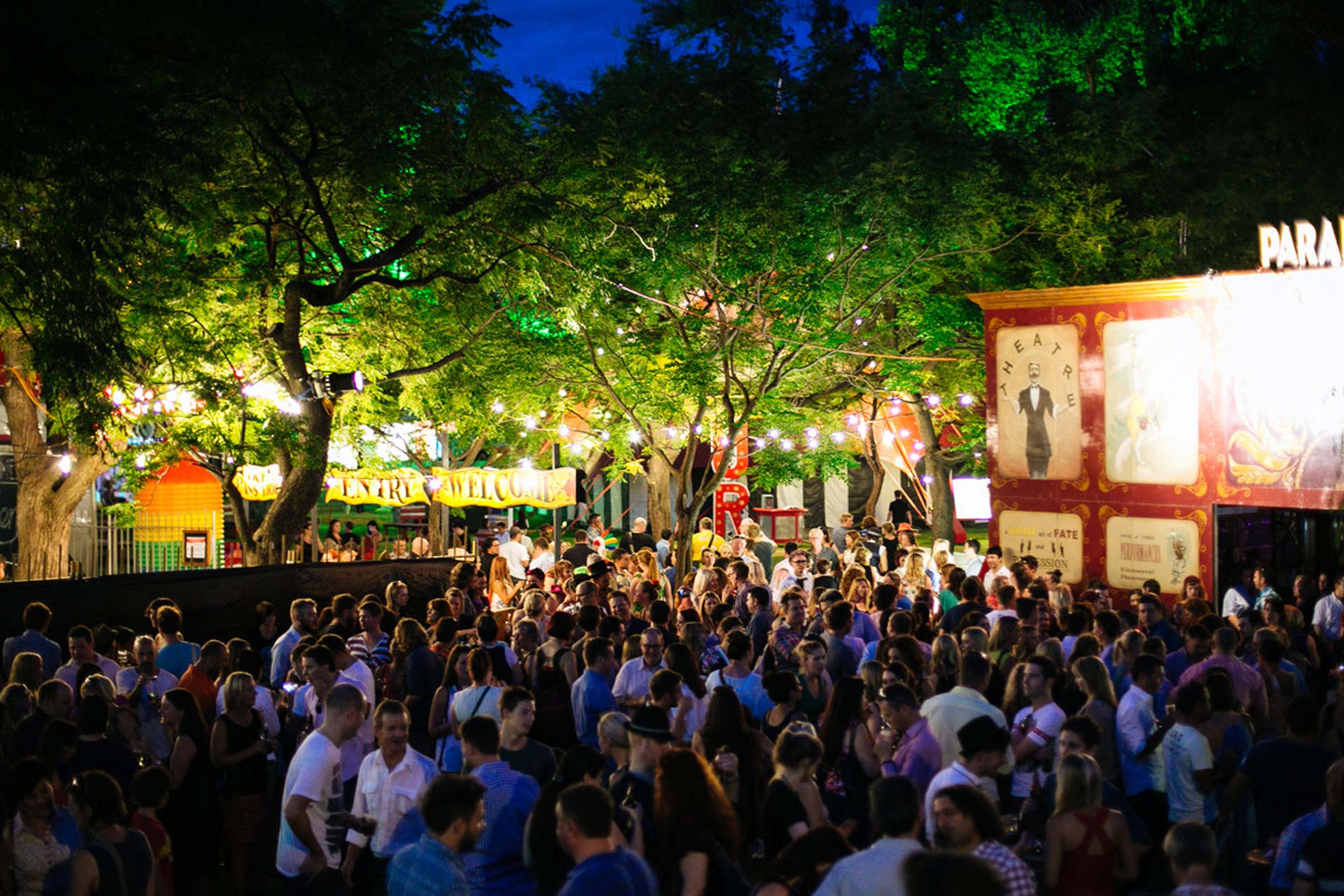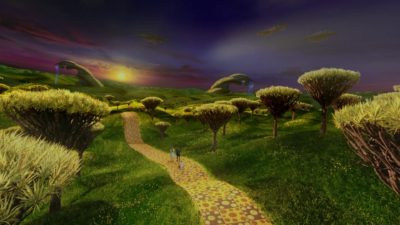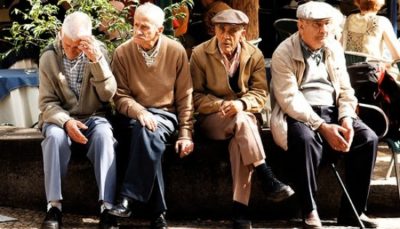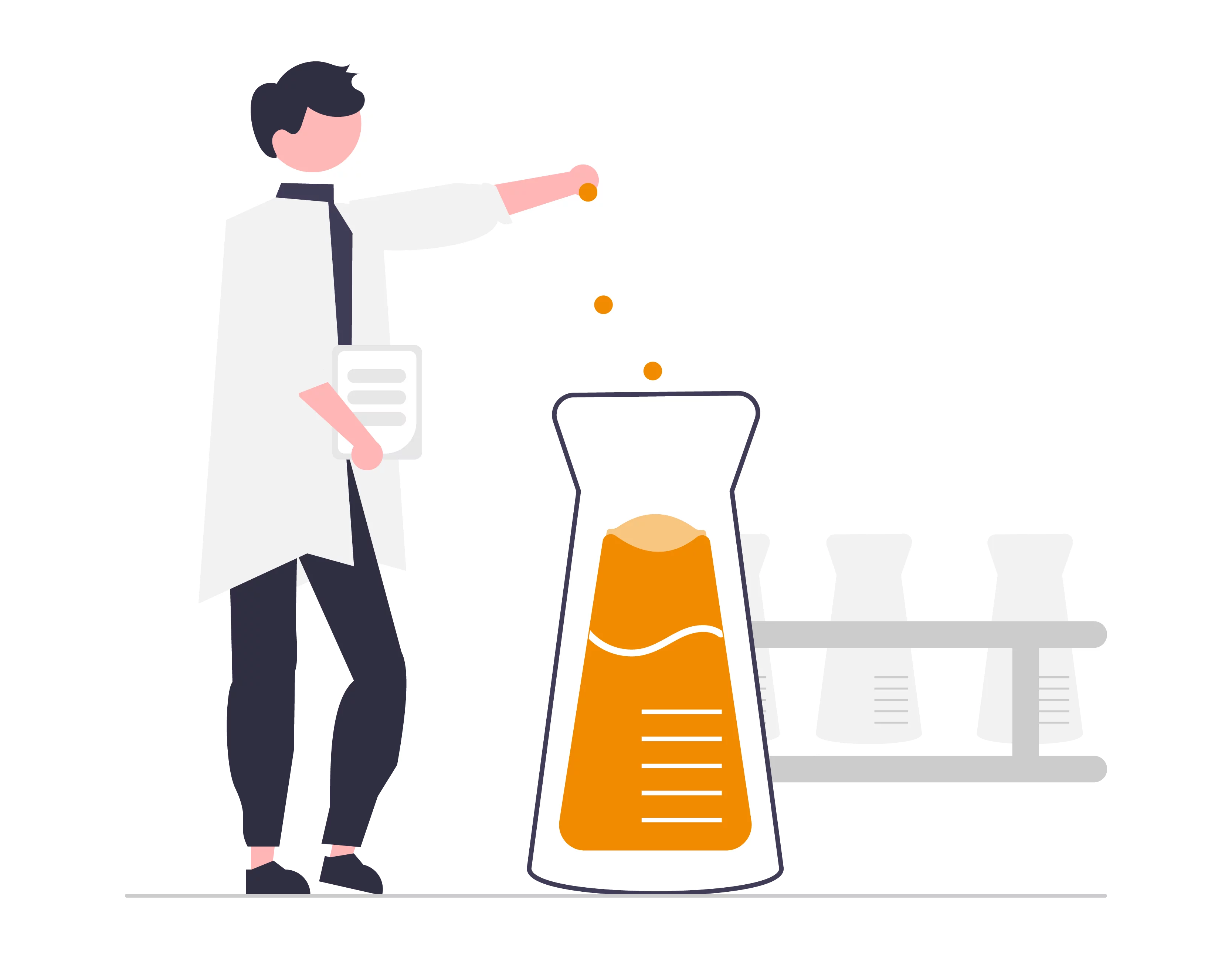The (off-line) experience economy, and how to build it
The ‘off-line’ experience economy is critical worldwide, but particularly in smaller cities and towns. The economic, cultural and psychological benefits underpin such small cities and towns, creating a vibrant positive population and the psychological benefits of social interaction, new experiences and a life worth living.
Experience economies helps promote a positive place to live and visit. However, as procrastination and other retardants within an economy increase, and people slow or stop spending locally, the experience and broader economy starts to die and this can be the beginning of the end.
For a good part of two decades, I have been lucky to conduct research studies with a wide cross-section of the experience economy—from zoos, to shopping centres, to major sports stadiums, entertainment precincts, casinos, theatre, festivals, racing and much more. This extends to work in sectors successfully embracing the off-line experience economy. A recent study involving consulting with icon wine sector brands, illustrated the huge investments they are making to successfully build their brands and revenue. Amazing cellar door enhancement, offering wonderful wine, food and wider experiences to help support their premium brands and products, to deliver something special to their local and international visitors.
The experience economy is the powerhouse of the future, if we can successfully get people off the couch and out and about. Some consistent observations as to what can kill an experience economy follow, and then most importantly how to build it.
What kills an experience economy?
- Salience—If people do not know an attractive experience exists, even if likely highly appealing, they will obviously not do it. This may be due to a lack of advertising and promotion. Or, even with an adequate marketing spend, the perceived relevance may just not be there, and with this lack of relevance the choices available will be largely invisible. It may be that if people had a closer look inside the festival program and/or at the website, they may realise it is exactly what they would love to do.
- Seeking safety—People fear wasting their time and/or money. They do not wish to risk a night out that they did not enjoy. Accordingly, they stick to the safe and even boring activities they always do. Unless absolutely necessary, people stick to their habitual defaults “I like this style of music.” “When I get a pizza I get …” “I don’t like theatre!” “ I do like Netflix.” This may be because they do not understand what to expect. For example, theatre lovers will talk about the learning about new cultures, being taken outside their comfort zone, new experiences et cetera. Yet, non-theatre goers may not know what to expect, view theatre as too “high brow” or worry about it not being fun. Often people fail to understand new things and are lost in their confirmation bias as to what they like and do not like.
- Procrastination—Procrastination is the single biggest killer of an economy. People get lazy, and spending slows, it is much easier watching Netflix or gaming on the couch, ordering home-delivery or living a virtual world, failing to explore the local experiences just waiting. People stop getting out and mixing with real people and sharing experiences. Even with the very best intentions to get out more often, it is too easy to allow time to slip, and to delay decisions to go out. Behaviour change theory notes that to get people to act they need to start thinking about the activity (e.g. contemplation prompted by an ad or nudge from a friend); balance the pros and cons and risk-reward of going out, staying home or other alternatives (e.g. preparation to act); sufficient nudge to desire to act and to maintain this action. Going out is often just too hard.
- Choice anxiety—On the flip side of a lack of awareness is a overwhelming sense of choice anxiety. Someone starts looking for a restaurant, arts performance or other great night out, and the variety is just too hard to filter. This may be low level anxiety as to what to do today or picking a meal at a restaurant, which just makes the process of finding off-line experiences less fun and more worry, nervousness, or unease about something with an uncertain outcome. We can all recall that time when we picked the wrong choice at a restaurant or arts performance, attempting to try something different, and end up suffering a little choice sadness wishing you had just stayed on the couch.
How to build an experience economy?
- Build salience—Ensure that advertising and promotion is in the right place and most importantly, viewed as relevant. The right imagery, and emotional and behavioural triggers. Often the experience economy advertises in a niche way to hit the core target market, where potentially the biggest growth opportunity is targeting wider at people who may not realise they may like what is on offer. The die-hard fans will find it, likely within their tribe of friends who are also die-hard fans. The challenge is how to entice a wider audience of people to shift from “who cares” to “wow, that looks great!” Consider a strategy able to have mass reach across a wide potential market, integrated with targeted advertising such as social media (e.g. Facebook and Instagram video to entice people to look closer et cetera). Word of mouth is the most relied on form of awareness, trust and reputation building. Create a conversation, get people excited!
- Reduce risk—Consider strategies to reduce the perceived risk of participating in the experience economy. This may be as simple as leveraging review websites (e.g. similar to Trip Advisor). Real people ‘like me’ are generally more trusted than professional reviews. Build similar platforms (on-line or otherwise) and encourage more people to leave reviews for various experience economy businesses (beyond restaurants and travel). More effectively tell the story of the experience—what is the person likely to experience, what should they expect, what emotions will they feel? Or, allow the website to tell the story using video and other content to support people to see and hear what they might expect. Why should they feel safe to take their partner, family and friends? They do not wish to waste their time and/or be blamed by others for making a wrong choice.
- Overcome procrastination—Make it easy for people who desire to participate in the experience economy to do so with ease, not forget and to minimise life getting in the way. Consider technology or other solutions that allow people to more easily commit to what they would prefer to do, if only they could overcome their procrastination. Make it easier to do a cost-benefit analysis of the experience, and why it is worthwhile. Yet, most important is making it easier to commit, and lock in an experience, or even a regular commitment to new entertainment experiences—a subscription, or system to automatically book suitable experiences fitting a budget, preferences and time availability. Make it easier to commit, and create habitualness.
- Minimise choice anxiety—Rather than overwhelming people with too much choice, provide tools and behavioural triggers to make it easier to filter to make the right decision. Word-of-mouth continues to be the most trusted and relied on form of choice anxiety reduction. PLUS provide clear defaults and pathways to find the best experience for them and their friends and family. To empower the consumer to find the best experience smoothly, efficiently and with little delay. The experience and broader economy benefits of making it easier and less stressful to trust the system and even ‘surprise me’ are absolutely endless.
The experience economy offers many economic, cultural and psychological benefits. And, if we can fight the allure of the couch, phone and VR glasses, there are much exciting opportunities.
As I noted in an earlier post, a massive opportunity for a future with robots and artificial intelligence is enhanced automated systems to build awareness, reduce perceived risk, overcome procrastination and cure choice anxiety. If the predictions are correct, technology will provide more time to experience the real offline world than we ever before, as well as making it much easy to embrace it.
“A world in which ‘choice anxiety’ is a thing of the past. The right product, service or other decision is made in a micro-millisecond, while you sleep, ahead of time, without you even knowing. Your personal bot, and network of 8 Billion other global bots ensure that good businesses grow and the not so good, either shape up or close (based on turbo-charged versions of hidden word-of-mouth metrics). Your bot is ever finding and booking great places, arts, sport, travel and other exciting new experiences. The experience and broader economy has never been stronger.” From Artificial Intelligence and ‘I want to be a Cyborg.’
Thank you, and get out and do much on the weekend, the experience economy, and the jobs, cashflow and cultural and psychological benefits it generates depends on it!
You want more related?
Innovation to overcome choice anxiety
Groundhog Day, Gamification and Commitment-Phobia





